The iOS mobile operating system has been in development for many years, when iPadOS, which uses the larger display of Apple tablets, came directly from it. However, after all these years that iOS has been with us, it still suffers from one major flaw when it comes to Apple's apps and how the company approaches them.
Apple recently announced the new Apple Music Classical service, which points to this iOS ailment and Apple's illogicality. We've been waiting quite a while for Classical, as Apple bought Primephonic back in 2021, and the arrival of a standalone classical music streaming app was expected last spring. It finally arrived a year late and as a standalone app, which is important to note.
It could be interest you
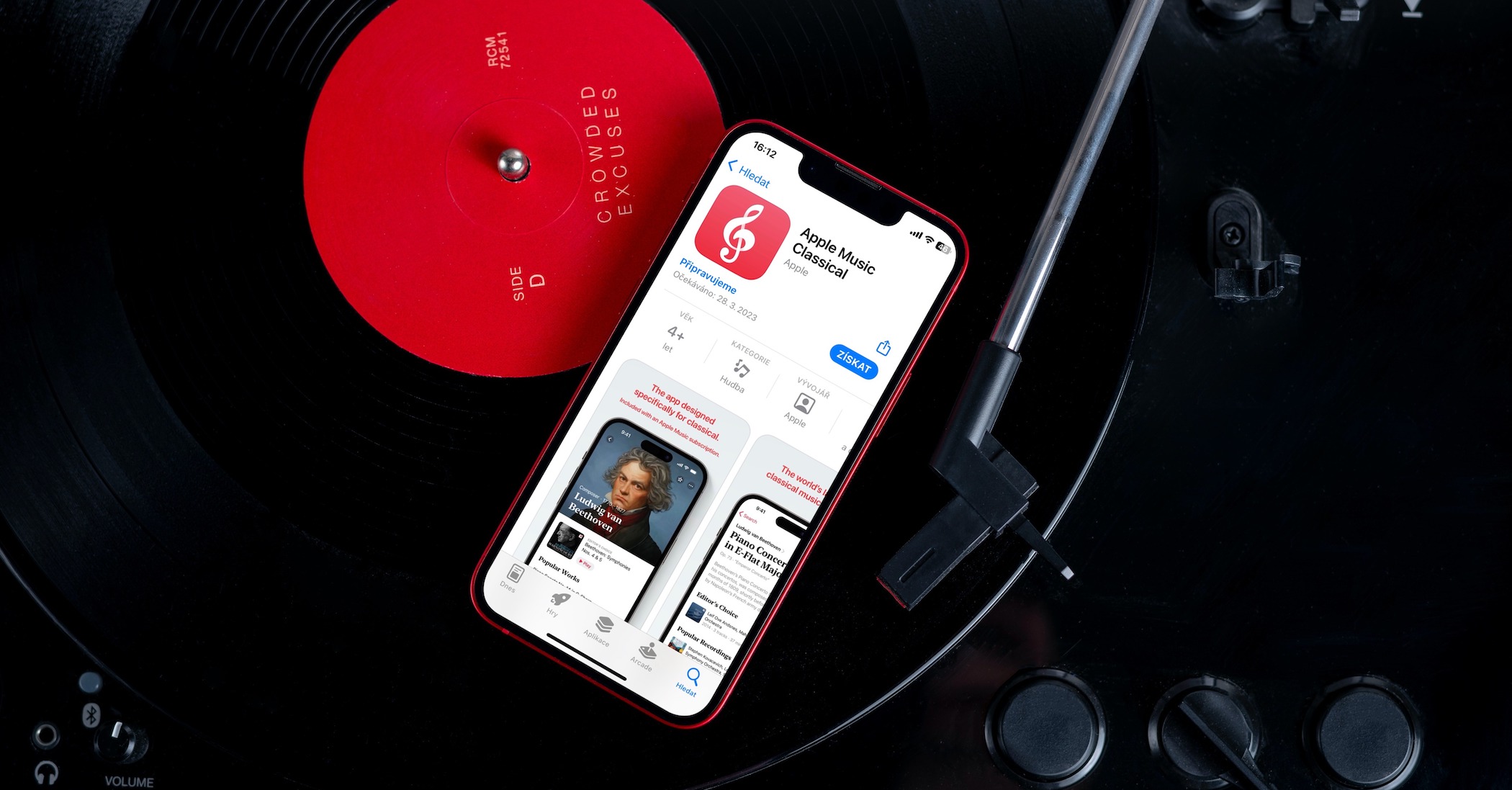
Standalone application
Apple Music Classical is Apple's new app, but it's based on the Music app. Its interface has been optimized for the present content, so certain elements such as typography, search and descriptions have been changed. The core is the same as the Music application, which is home to Apple Music. After all, you won't be able to use Classical without an Apple Music subscription.
But while Music comes pre-installed on every iPhone and iPad because it's part of the system, Classical is a completely standalone title that you can install from the App Store only when you want. It will also receive updates here, so if Apple releases something new, you won't have to update the entire system.
It is this that brings huge advantages, the first of which is that you will not have to download and install the entire iOS update, but only the application, which is about 16 MB. Apple can respond to anything immediately, and not modify and upgrade the iOS/iPadOS version for it. Since the application will be available already on iOS 15.4, it will also be available to more users who will not be tied to the latest iOS, which they will no longer receive on their older iPhones (iPhone 7, 6S, etc.).
It could be interest you
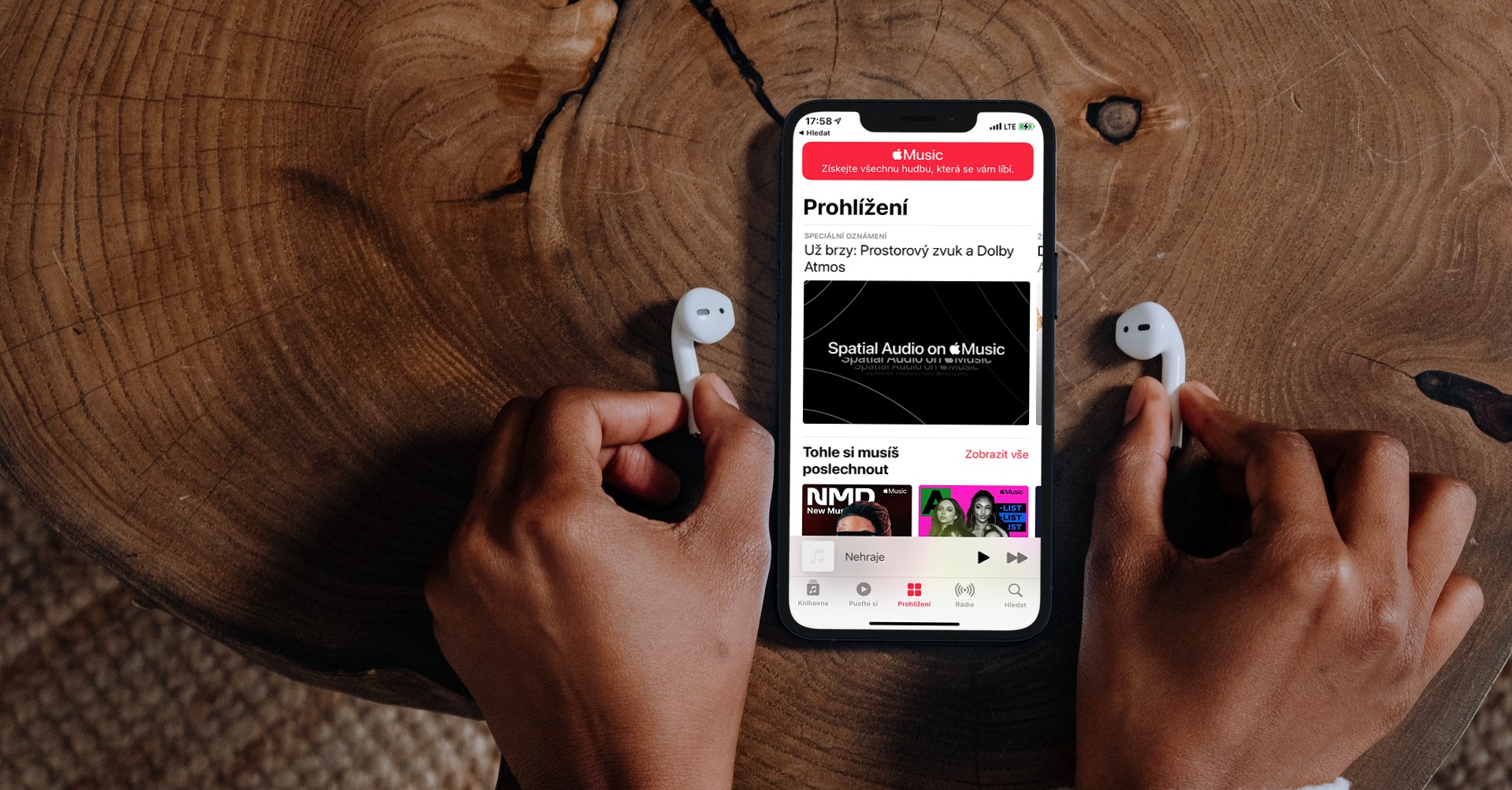
The App Store is the way to go
Apps generally need more frequent updates than the system, even just to fix bugs and add some features. At the same time, this does not contradict the fact that the company should not have anything new to present within the new system. Every year at WWDC, it can show what its applications will get, when new versions will be released together with the system, but other partial updates will already be distributed separately outside of the system update. This would not only be about Music, but also Safari, which simply cannot keep up with the competition in how it gradually improves (just like the problematic Podcasts). It is Apple's web browser that usually waits a whole year before bringing some of the desired news.
The paradox is that when you delete an Apple application, you install it again from the App Store, even if it is tied to system updates. The company could reconsider this strategy, as it would clearly help to improve the user experience, when even a minor application error requires the entire system to be updated. After all, Apple Music is also available on Android, where it is also possible to fully update it from Google Play.
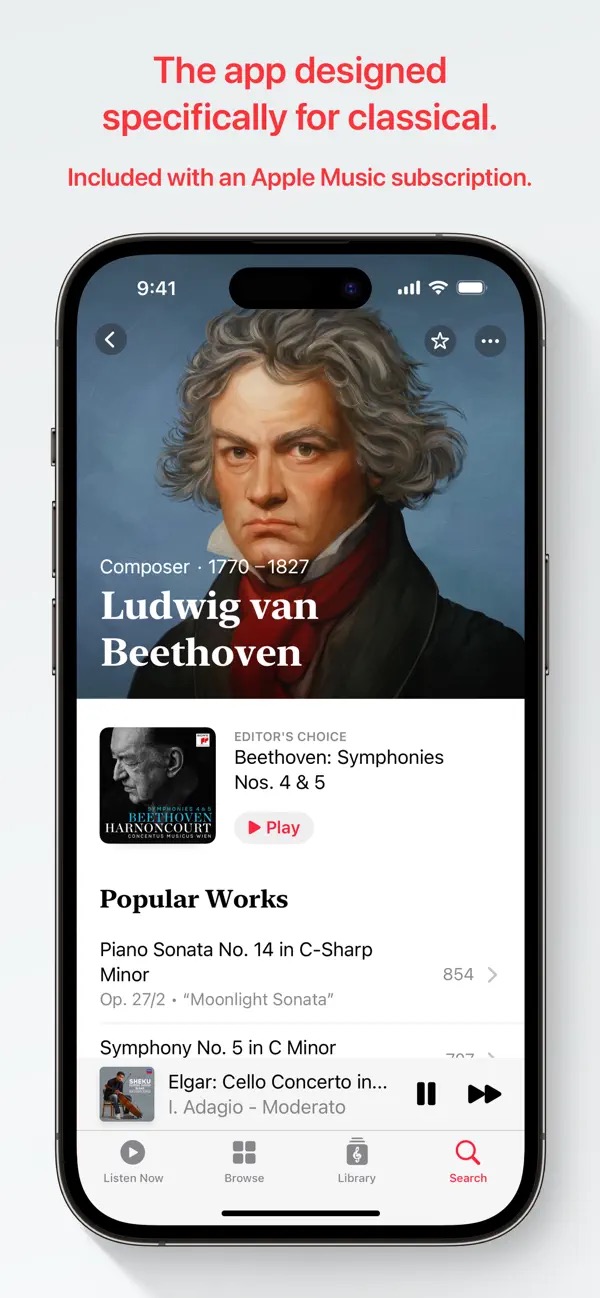
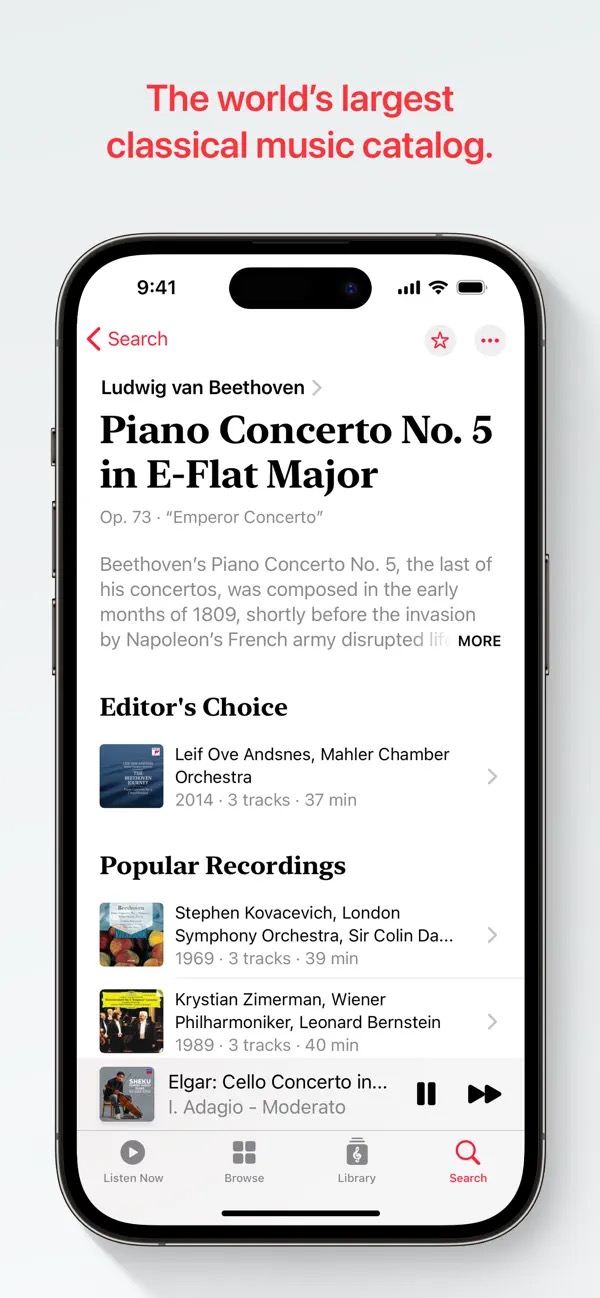
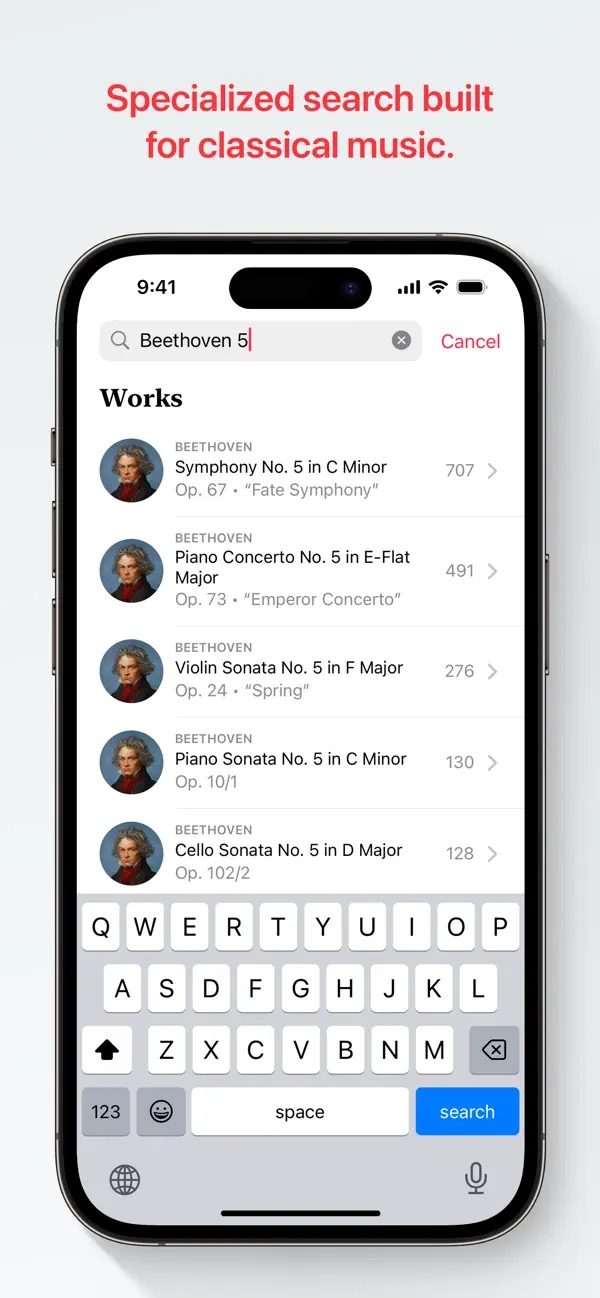
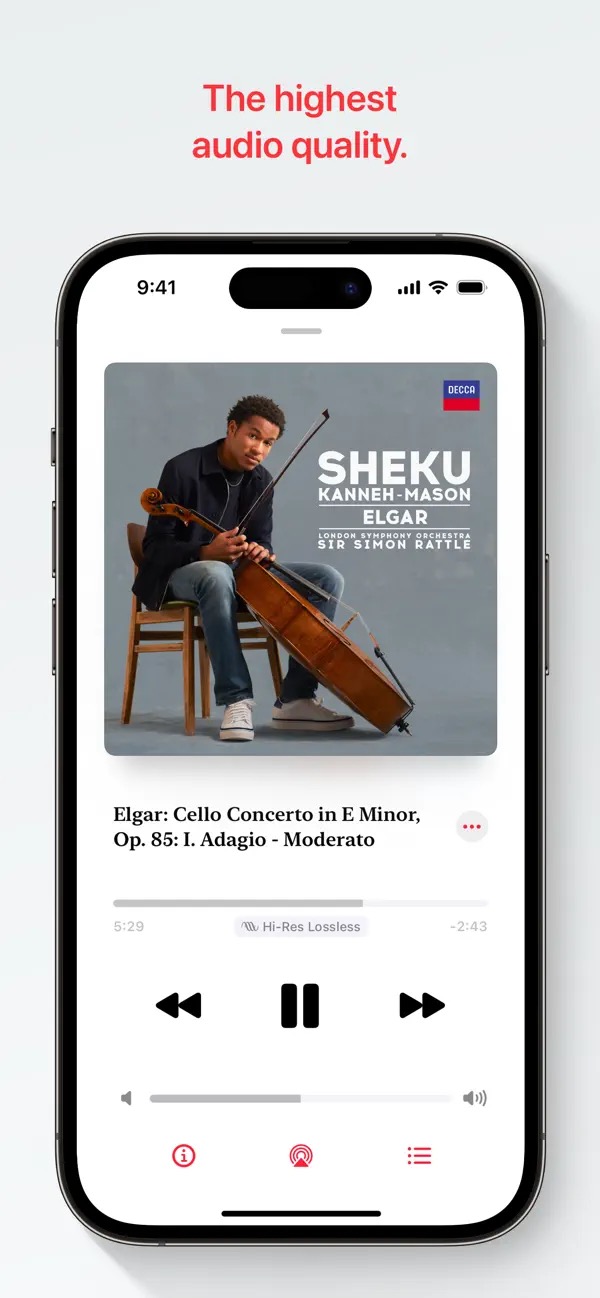
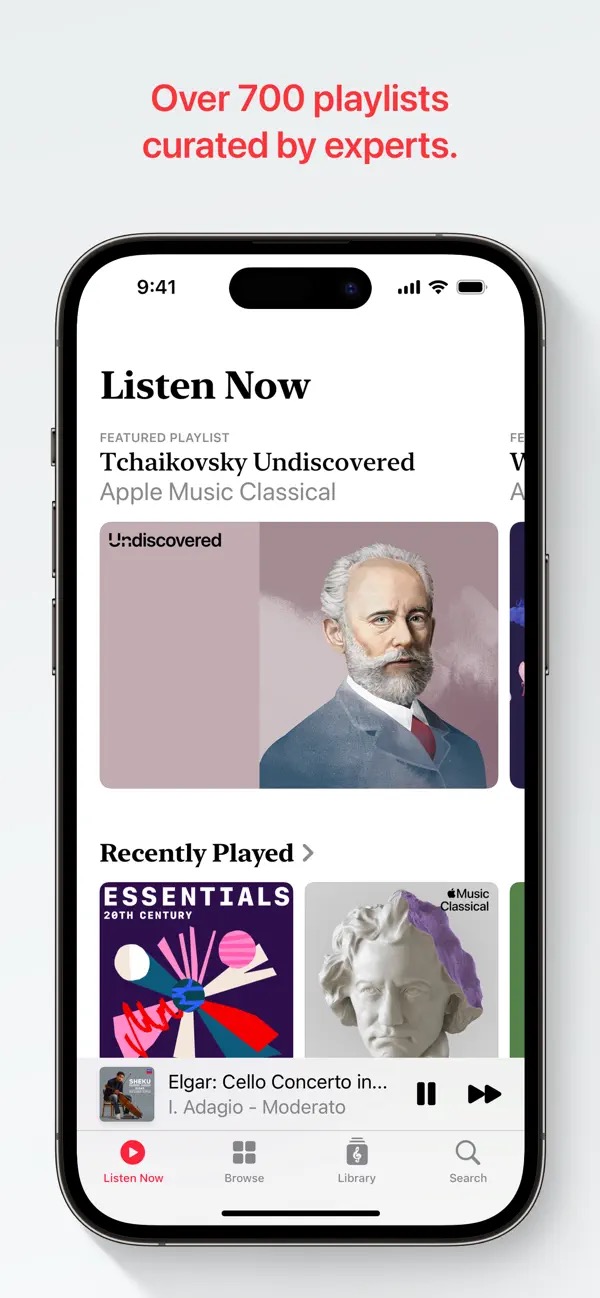
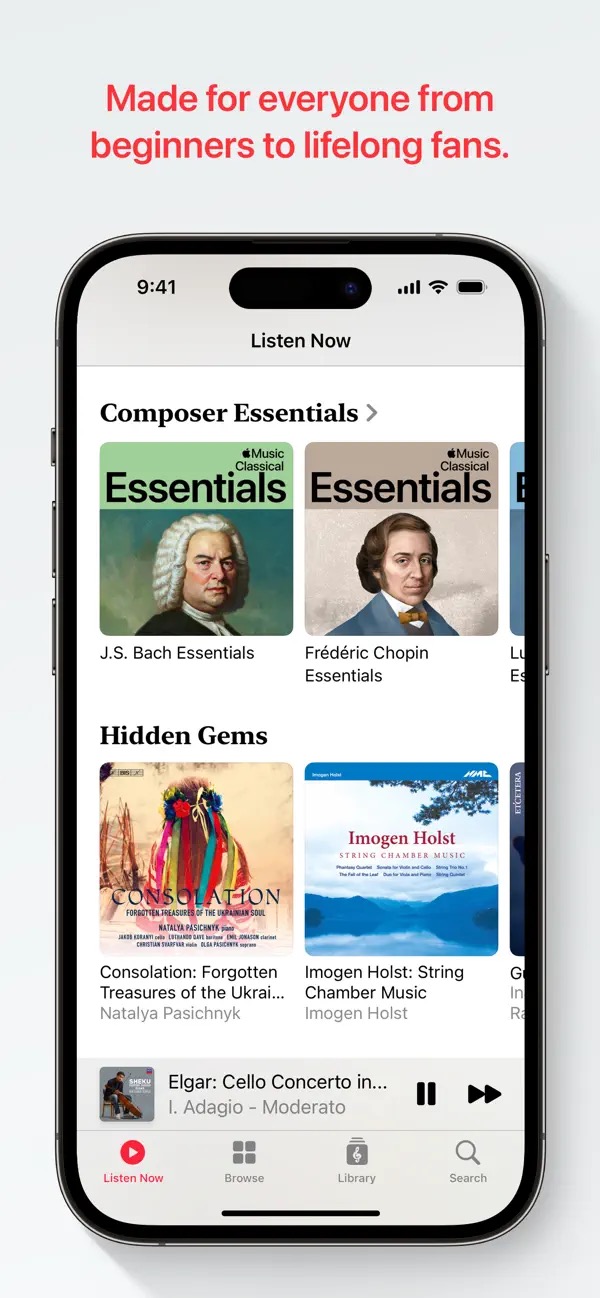
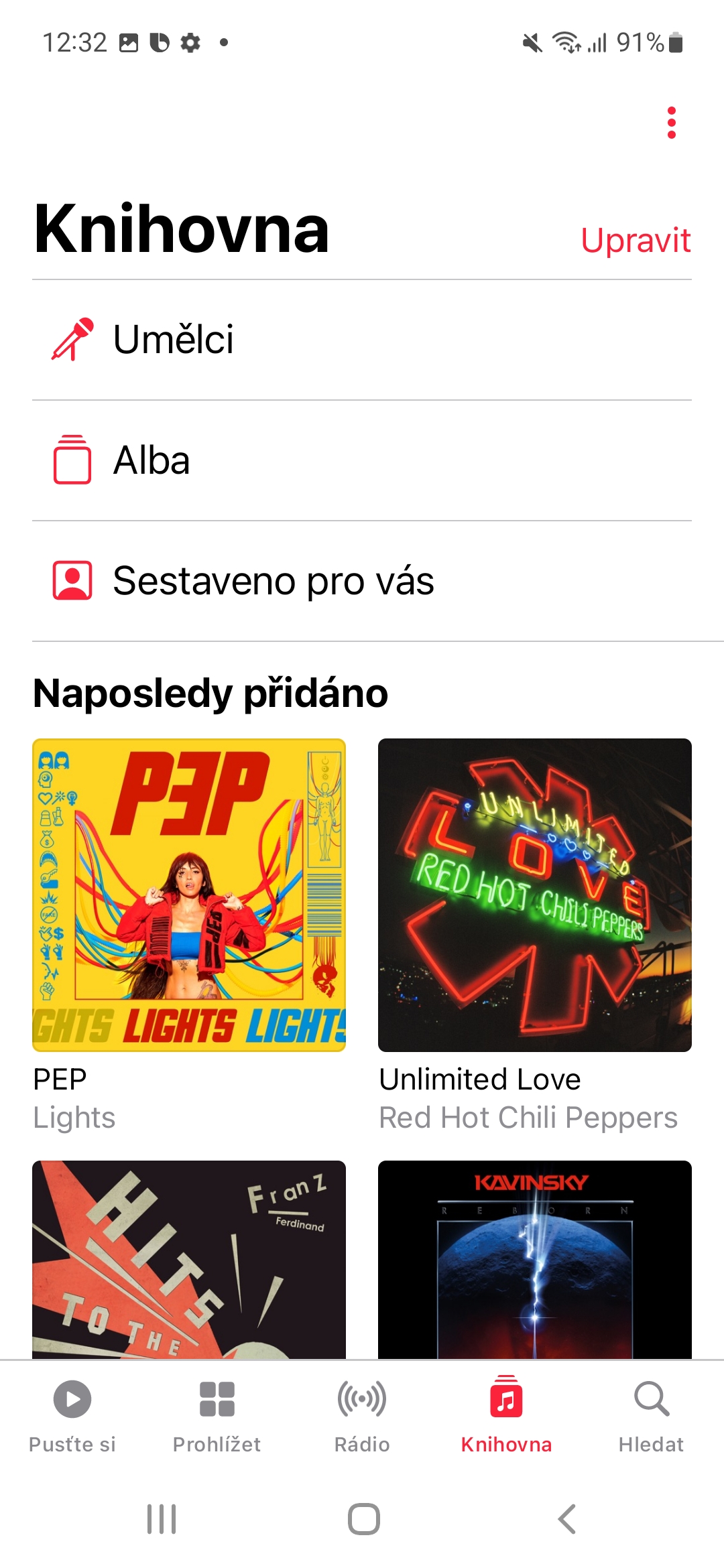
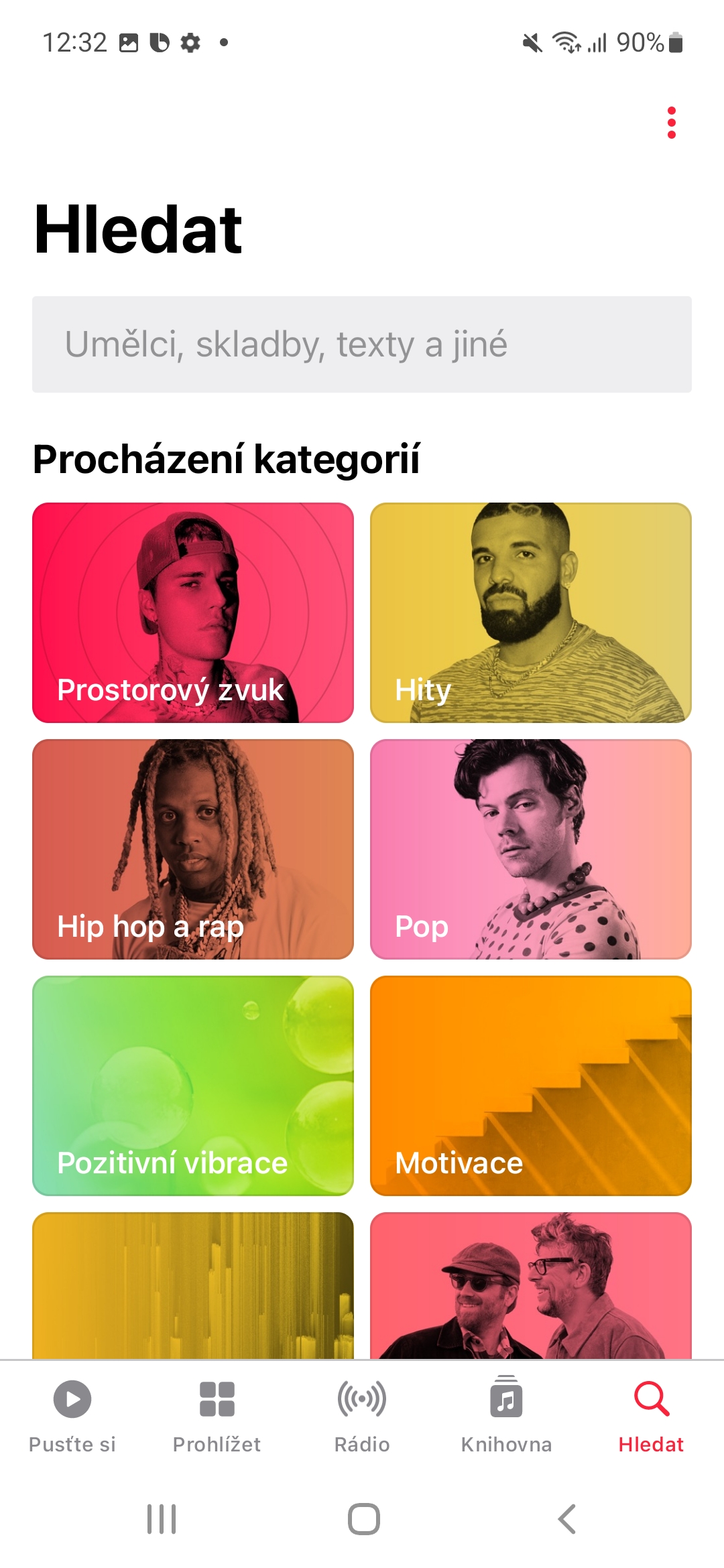
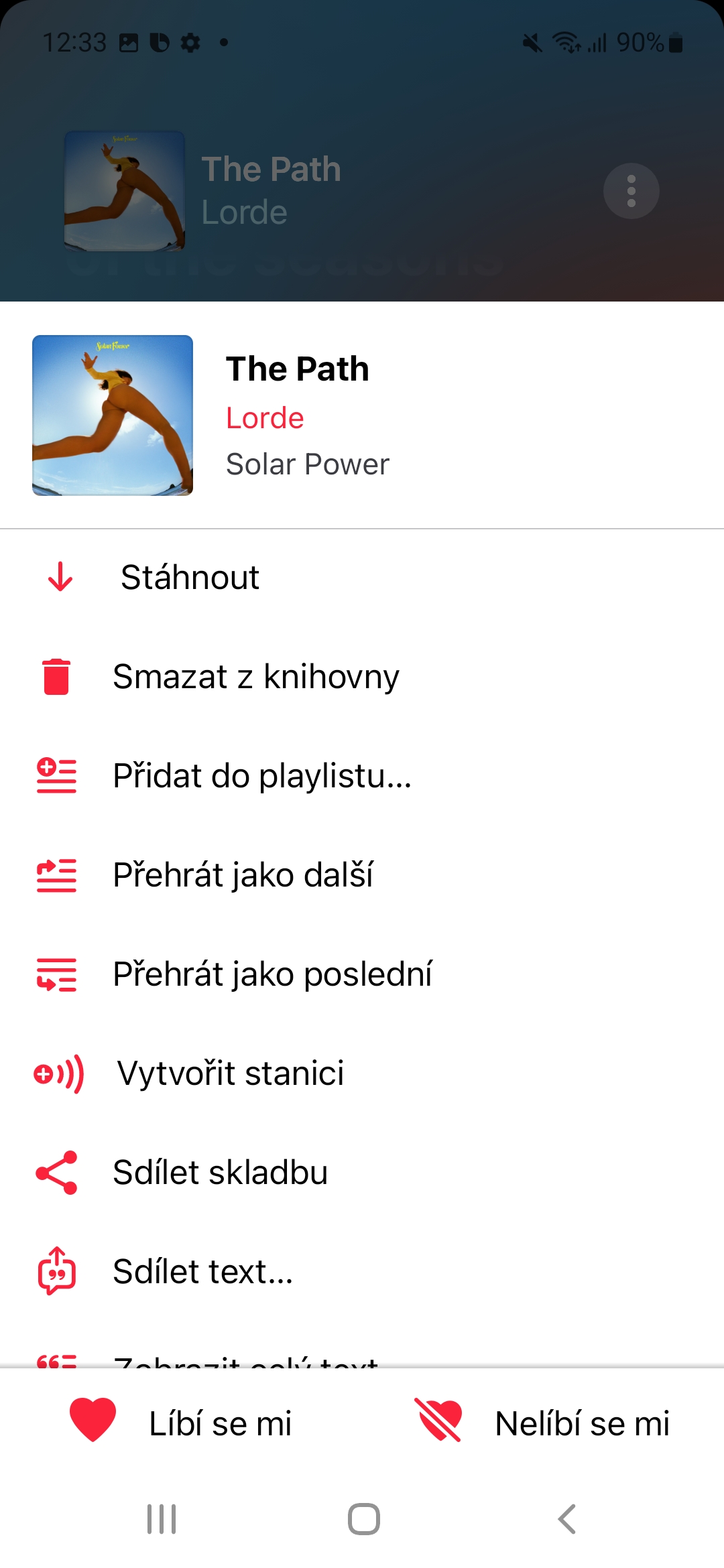
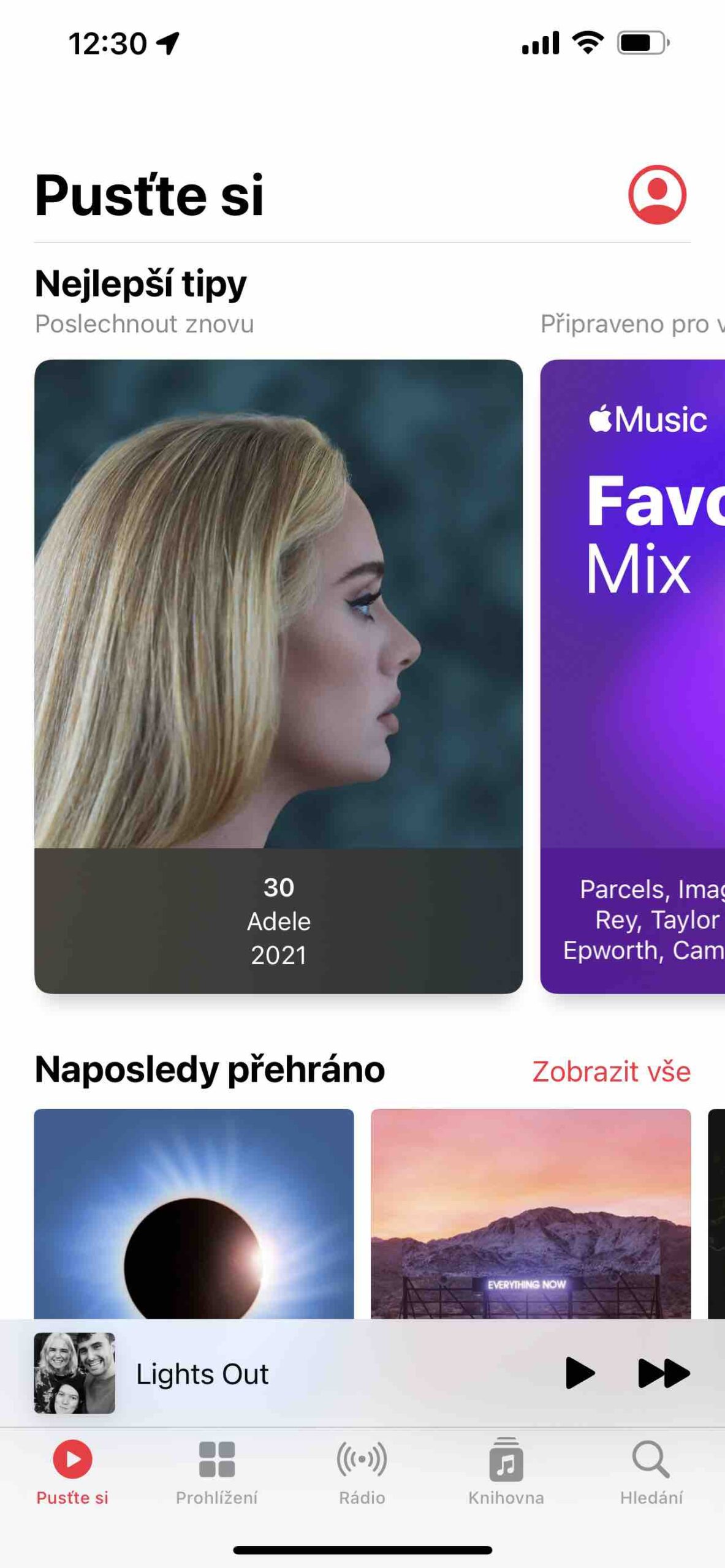
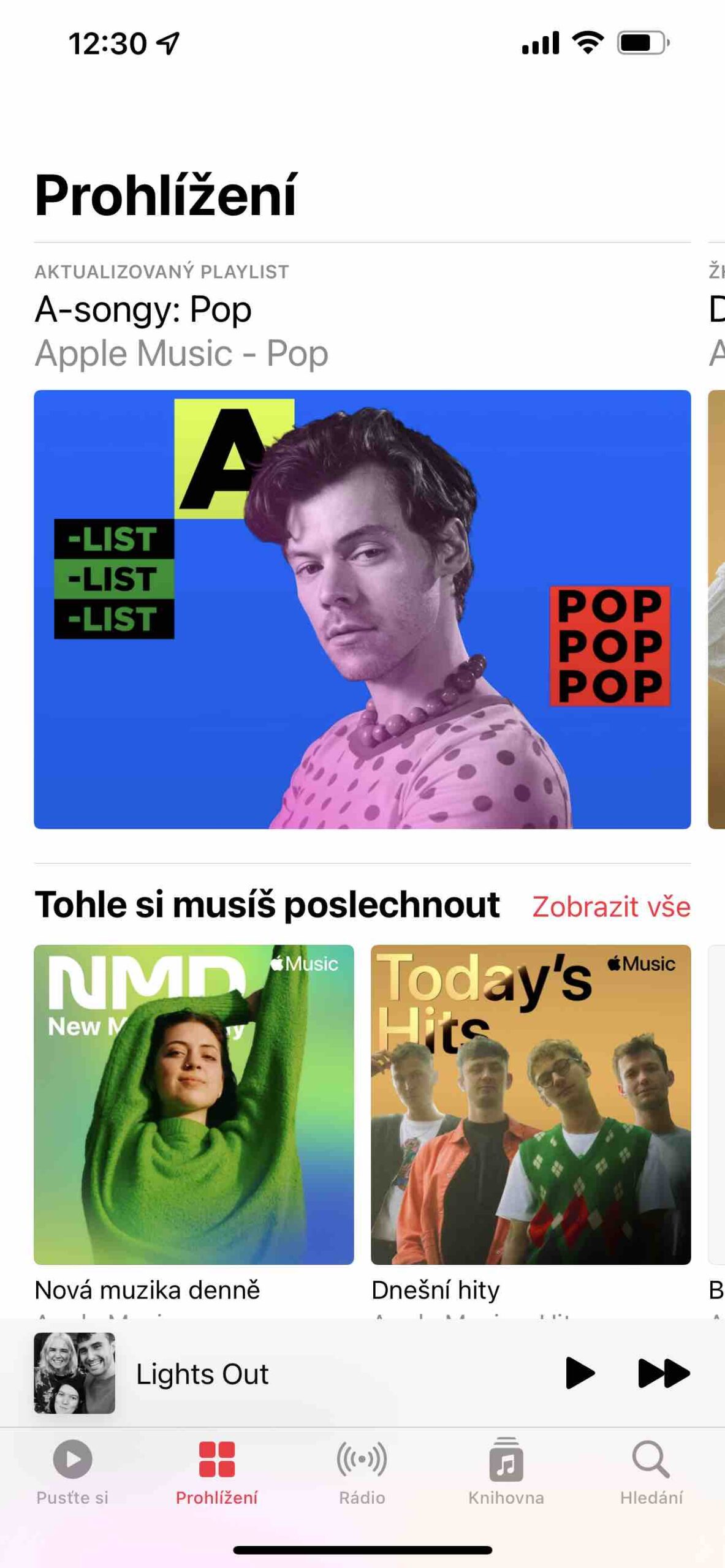
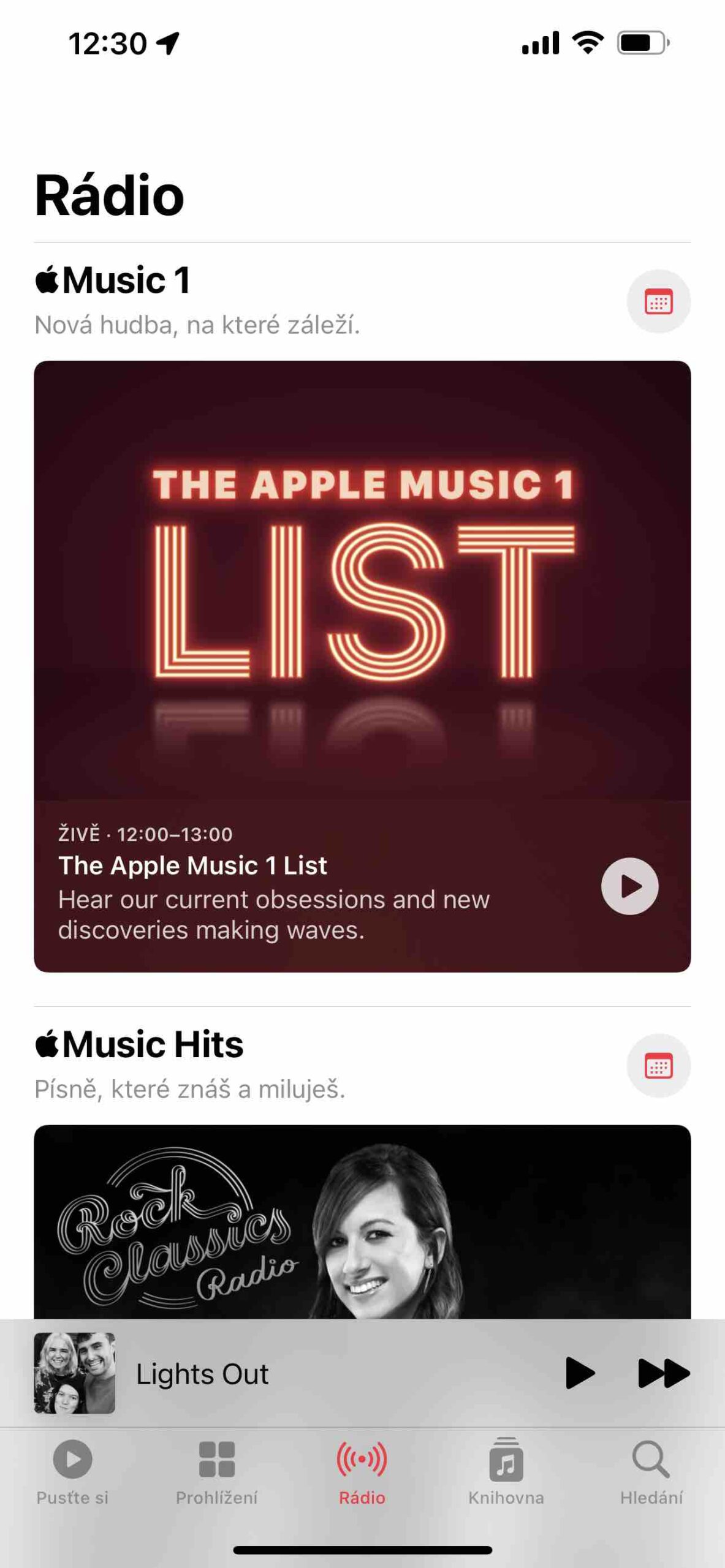
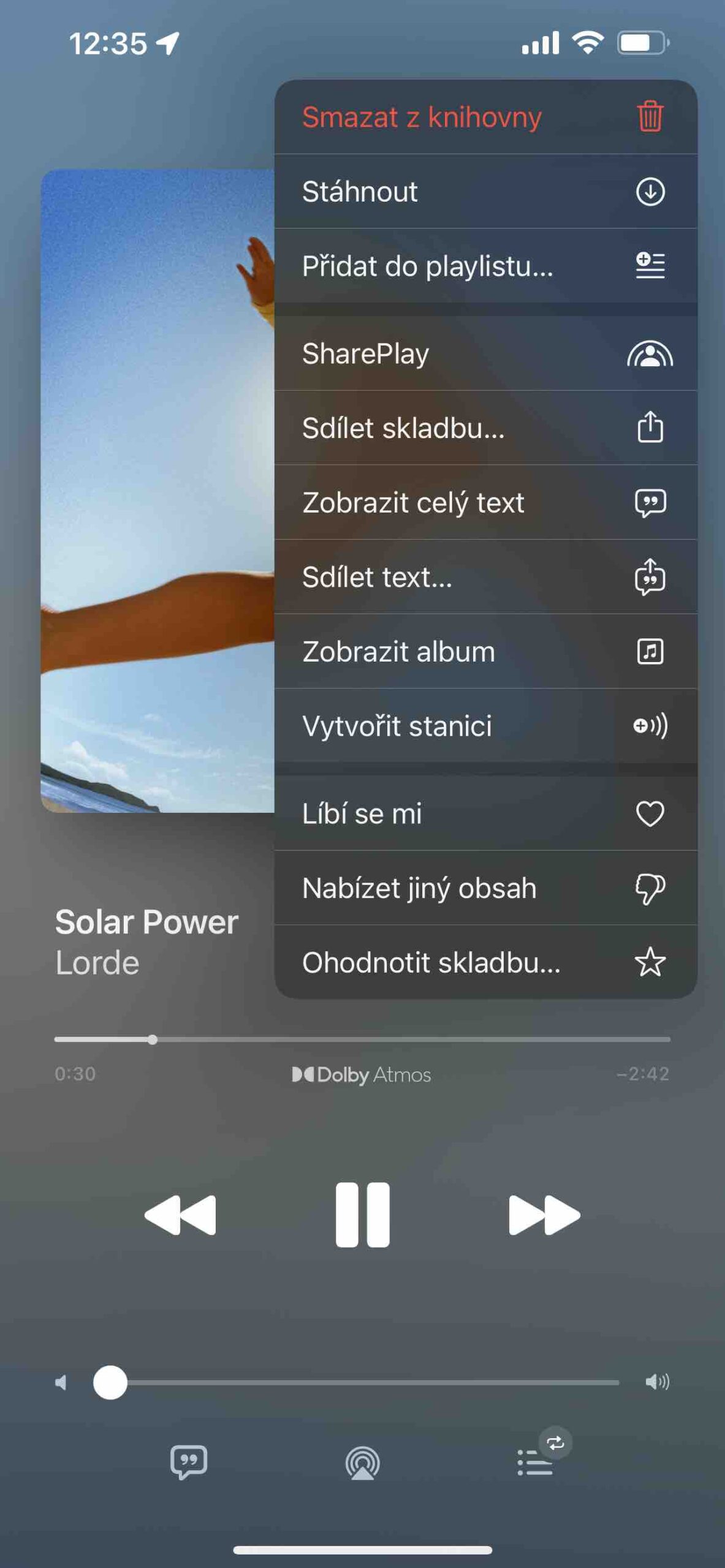
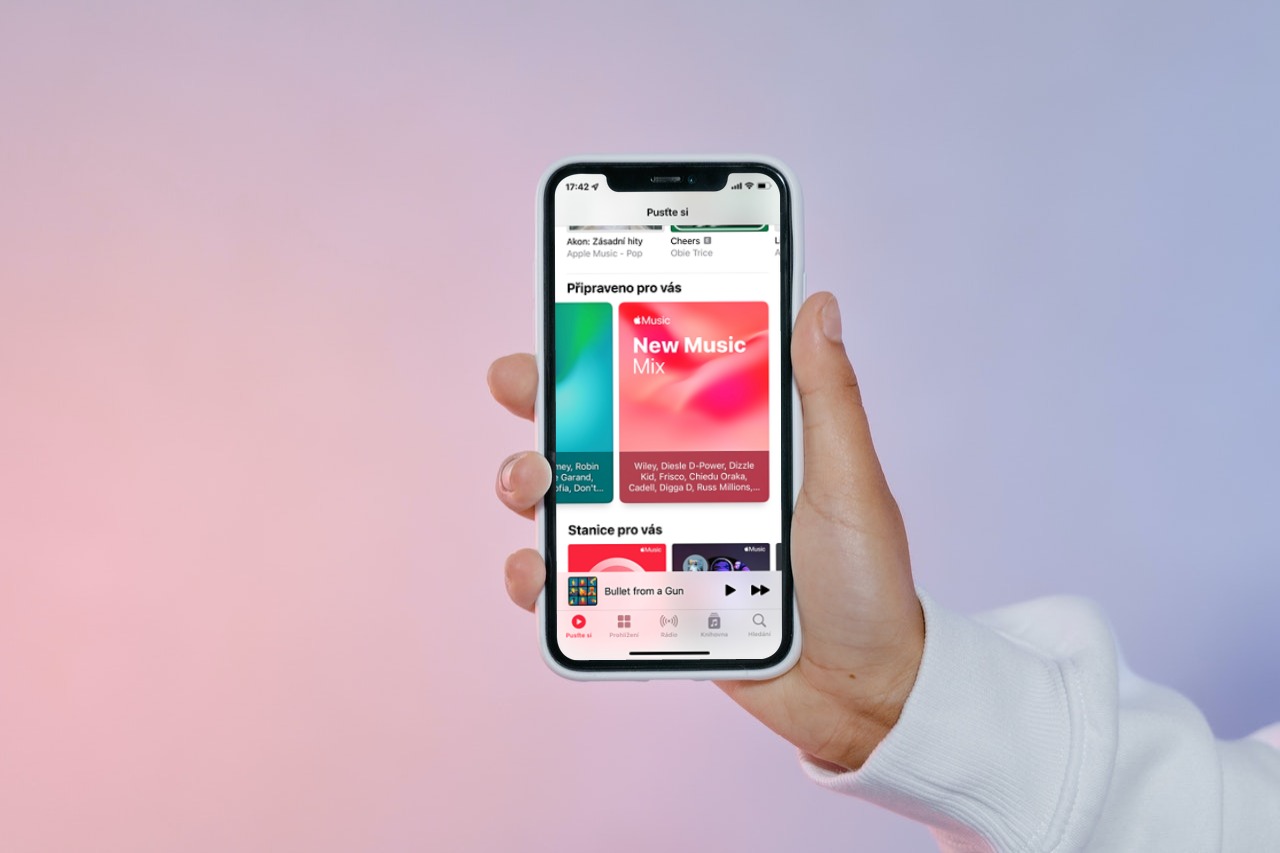
👍 that's right, that's how android works
What is Apple Music Classical really for? Serious music in Apple Music works exactly the same as any other, so what's the point of this extra app?
Sources no longer listed here?
That says something.